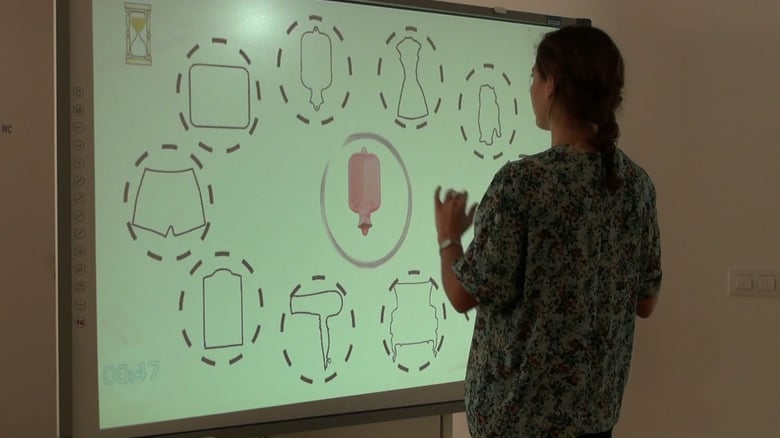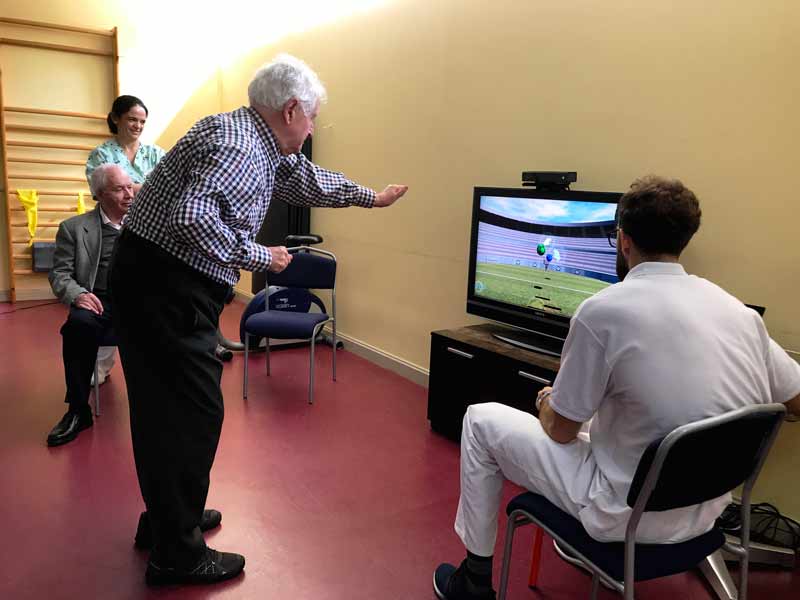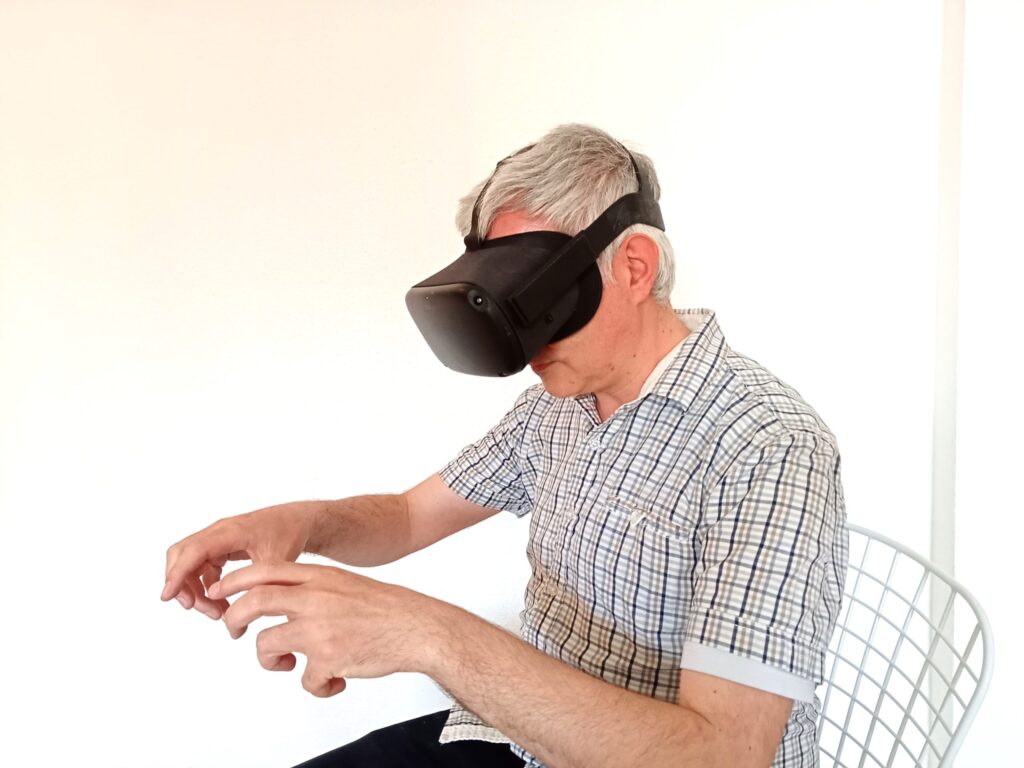
The importance of cognitive intervention in Alzheimer's disease
Alzheimer’s disease is the most common form of dementia, accounting for approximately 60-70% of cases worldwide. From the clinical point of view, it is a progressive neurodegenerative pathology characterized by a cognitive and functional deterioration that significantly impacts the patient’s autonomy. For neurorehabilitation professionals, cognitive intervention in Alzheimer’s is a key tool to intervene in the course of this disease.
Cognitive intervention strategies in Alzheimer's disease
Personalized Interventions Based on Neuropsychological Profile:
Detailed neuropsychological assessment is essential to identify the specific cognitive deficits of each patient. An individualized approach allows the selection of activities directly targeting the affected cognitive functions (memory, attention, language, etc.) and those still preserved. This approach maximizes the efficacy of the intervention and minimizes patient frustration.
Use of Digital Technologies and Gamification:

Evidence suggests that digital rehabilitation tools can improve treatment adherence, as they tend to be more attractive and less invasive. In addition, they allow real-time monitoring of the patient’s progress through artificial intelligence algorithms that automatically adjust the difficulty of the tasks.
Combined Therapies:

Integrating cognitive stimulation with other therapeutic modalities, such as occupational therapy, physical therapy, and psychosocial interventions, can enhance benefits. For example, combining physical exercise with cognitive stimulation has been associated with more significant improvement in executive function and memory.
Virtual Reality (VR) and Augmented Reality (AR)

Augmented and virtual reality are emerging as promising tools for intervention in Alzheimer’s disease. These immersive environments allow patients to experience real-life situations in a safe way, promoting spatial memory, decision making and planning.
Interdisciplinary collaboration and the use of emerging technological tools will be essential to advance this field and offer more effective and patient-centered treatments.


